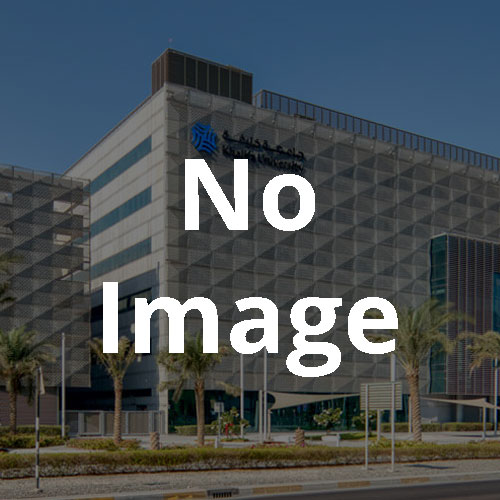
According to the US Food and Drug Authority, the term Personalized Medicine (PM) is the process of customizing medical treatment to the individual characteristics, needs and preferences of a patient during all stages of care, including prevention, diagnosis, treatment, and follow-up. An alternate term, Precision Medicine is often used interchangeably. The US National Institute of Health (NIH) defines precision medicine as “an emerging approach for disease treatment and prevention that takes into account individual variability in genes, environment and lifestyle of each person.” This paradigm shift in medicine is now possible through the availability of large datasets compiled by healthcare systems, technological advancements in high-throughput DNA sequencing, and the development of proper analytical tools to identify relationships in vast datasets. To be more exact, P4 Medicine (a term coined by Leroy Hood and his colleagues) is “Predictive, Preventive, Personalized and Participatory.” It is a systems biology approach that uses genome, phenome, and microbiome data to quantify the wellness of an individual and provide indicators of the impending disease state.
The prevalence of chronic disease, in particular diabetes and complications, arising in the UAE are alarmingly high. According to the 2017 report from the International Diabetes Federation (IDF), 11% of the population in the Middle East and North Africa (MENA) region had type 2 diabetes. Disturbingly, the prevalence is higher in the UAE population, with 19.3% of those between the ages of 20 and 79 with type 2 diabetes1. A number of major co-morbidities are linked to diabetes and of these, cardiovascular disease is the highest cause of mortality in the UAE at 34.9% of all deaths recorded in the UAE in 2015 (source: Health Authority of Abu Dhabi, 2016). In this project, we propose a study to evaluate the proactive approach of P4 Medicine. Specifically, the project will take the holistic approach of analyzing the whole genome sequences, phenome and clinical data, the microbiome, as well as activity measurements of at least 100 Emiratis who are at risk of cardiac heart disease (CHD), toward positively impacting on the health status of these individuals.
